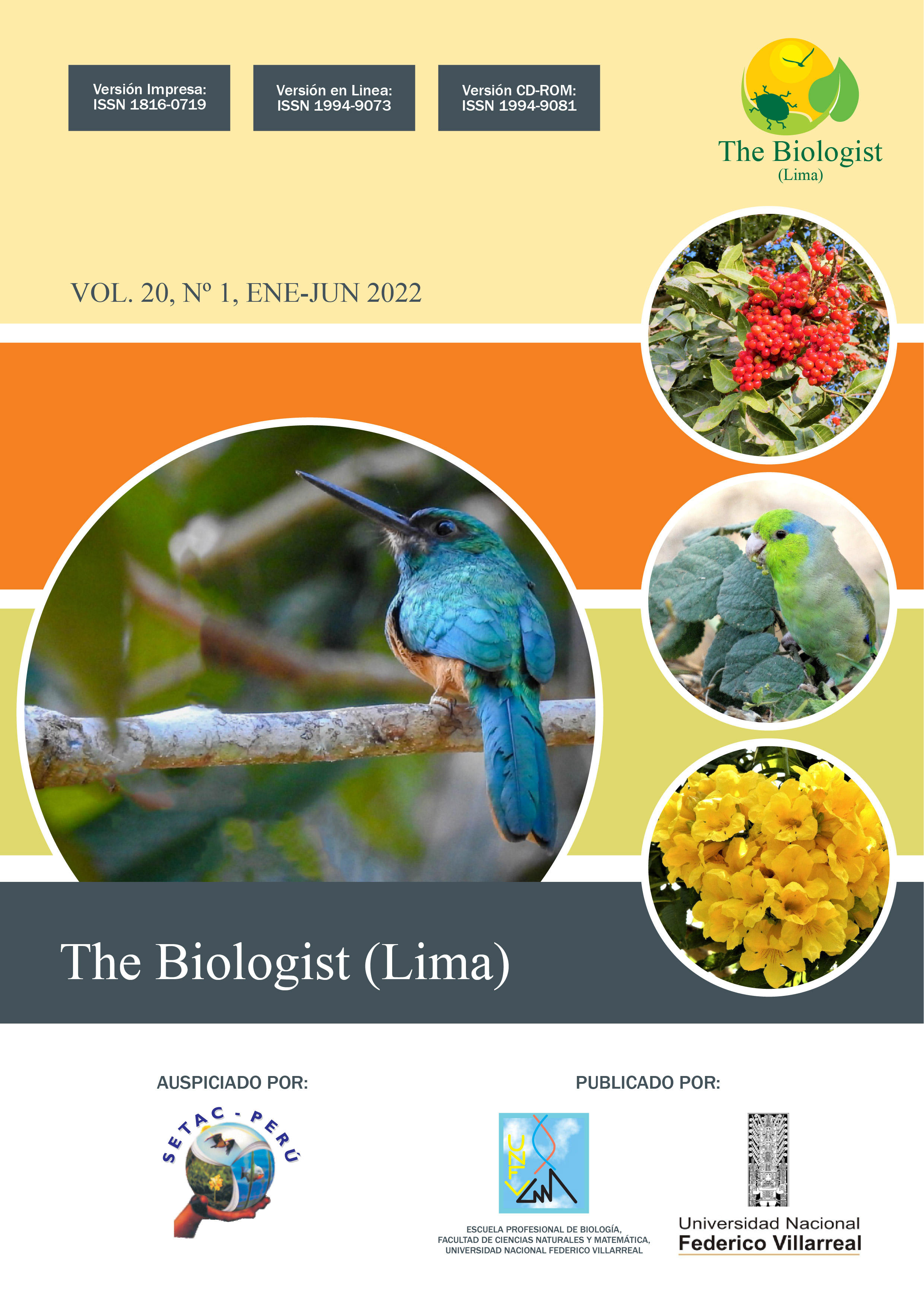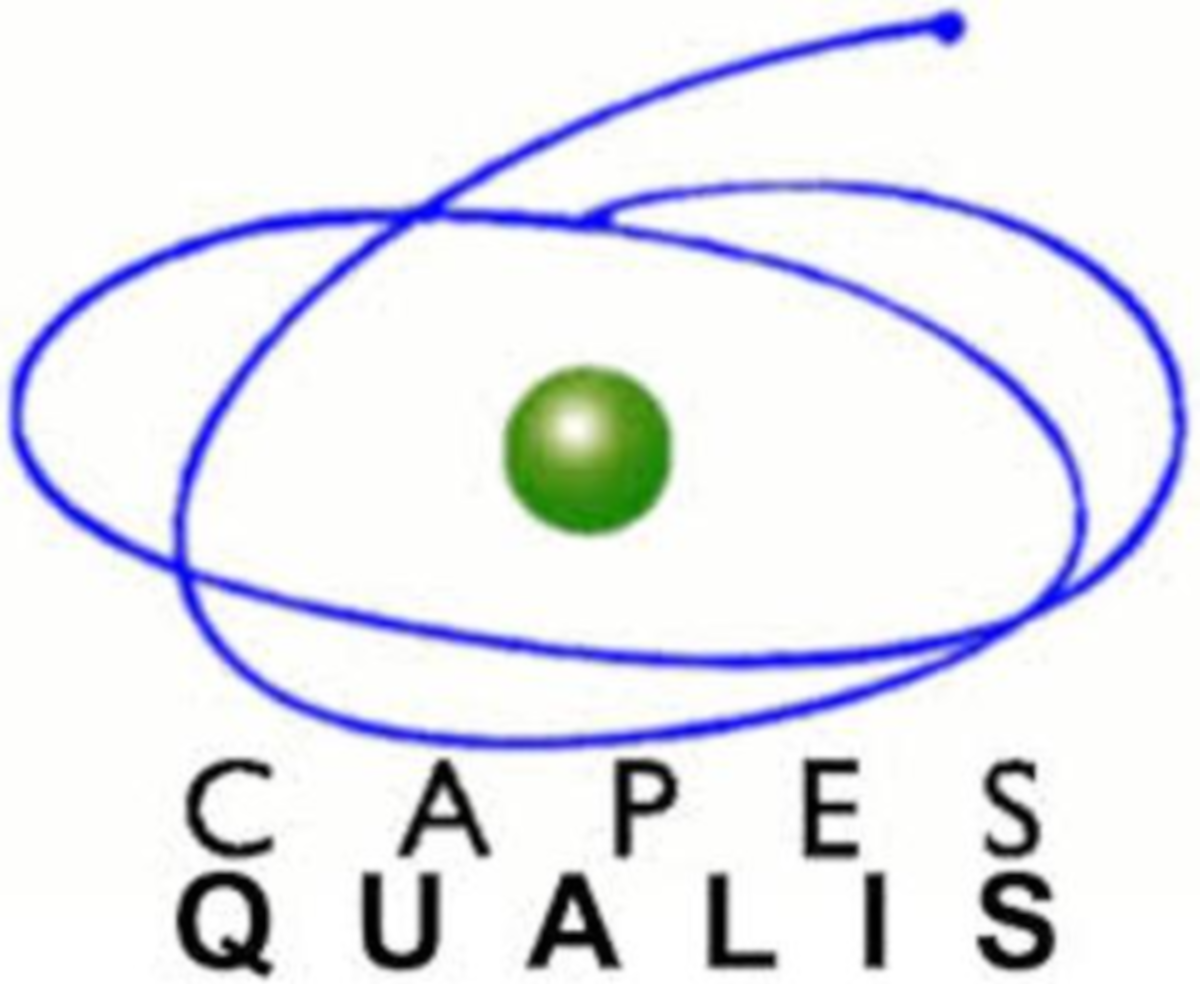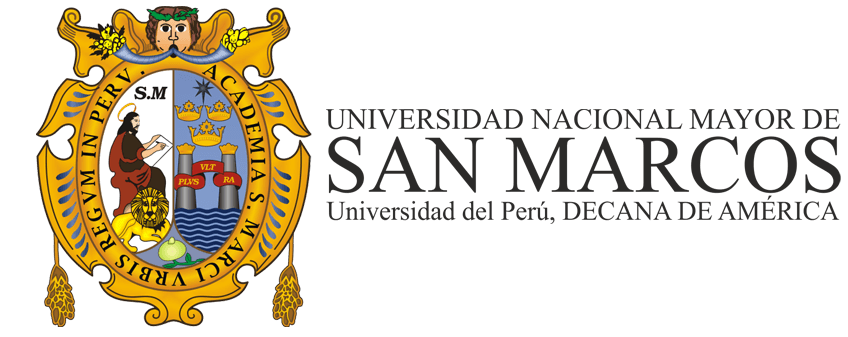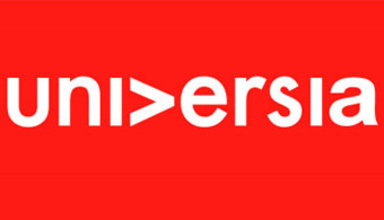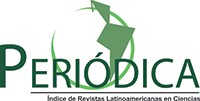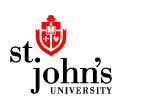NURSING INTERVENTION IN PALLIATIVE CARE FOR PATIENTS WITH CHRONIC HEART FAILURE IN THE COMMUNITY
DOI:
https://doi.org/10.24039/rtb20222011278Keywords:
nursing intervention, palliative care, Chronic Heart FailureAbstract
In advanced stages of Heart Failure, drug therapy is not always effective and heart transplantation is not an option for all types of patients. In these conditions, palliative care arises as an alternative therapy to improve physical condition and quality of life. In order to design a nursing intervention in palliative care for patients with chronic heart failure in the community, a development research was carried out with a mixed approach of an explanatory sequential type, in the health area served by the Polyclinic XXX Anniversary of the Fall in Combat of the Heroic Guerrilla and his Companions, of the Remedios municipality, belonging to the province of Villa Clara, Cuba from 2018 to 2021. The patients with Chronic Heart Failure (CHF) of the referred Polyclinic and their relatives were taken into account to determine the population. The sample was made up of 158 patients by simple random probability sampling and 158 relatives by intentional non-probability sampling, with the inclusion criteria accepting to participate in the research. Symptoms of greater intensity were identified as edema in 63.29%, weakness and fatigue in 58.86%, cough in 51.26%, sweating and chest pain in 48.73%. Also, family care and communication needs. The Nursing Intervention designed for the integration of palliative care to patients with CHF, has a systemic and transformative approach, conceives the active role of the participants in the Intervention with group and personalized actions, which involves patients and their families, valued highly suitable by experts.
Downloads
Published
How to Cite
Issue
Section
License

This work is licensed under a Creative Commons Attribution-NonCommercial-NoDerivatives 4.0 International License.
Objeto: El AUTOR-CEDENTE transfiere de manera TOTAL Y SIN LIMITACIÓN alguna al CESIONARIO (Revista The Biologist (Lima)) los derechos patrimoniales que le corresponden sobre sus obras por el tiempo que establezca la ley internacional. En virtud de lo anterior, se entiende que el CESIONARIO adquiere el derecho de reproducción en todas sus modalidades, incluso para inclusión audiovisual; el derecho de transformación o adaptación, comunicación pública, traducción, distribución y, en general, cualquier tipo de explotación que de las obras se pueda realizar por cualquier medio conocido o por conocer en el territorio nacional o internacional.
Remuneración: La cesión de los derechos patrimoniales de autor que mediante este contrato se hace será a título gratuito.
Condiciones y legitimidad de los derechos: El AUTOR-CEDENTE garantiza que es propietario integral de los derechos de explotación de la(s) obra(s) y en consecuencia garantiza que puede contratar y transferir los derechos aquí cedidos sin ningún tipo de limitación por no tener ningún tipo de gravamen, limitación o disposición. En todo caso, responderá por cualquier reclamo que en materia de derecho de autor se pueda presentar, exonerando de cualquier responsabilidad al CESIONARIO.
Licencia de acceso abierto: El AUTOR-CEDENTE autoriza que manuscrito publicado en la Revista Científica The Biologist (Lima) (versión Impresa ISSN 1816-0719, versión en línea ISSN 1994-9073) permanece disponible para su consulta pública en el sitio web http://revistas.unfv.edu.pe/index.php/rtb/index y en los diferentes sistemas de indexación y bases de datos en las que la revista tiene visibilidad, bajo la licencia Creative Commons, en la modalidad Reconocimiento-No comercial- Sin Trabajos derivados –aprobada en Perú, y por lo tanto son de acceso abierto. De ahí que los autores dan, sin derecho a retribución económica, a la Escuela Profesional de Biología, Facultad de Ciencias Naturales y Matemática de la Universidad Nacional Federico Villarreal (EPB - FCCNM - UNFV), los derechos de autor para la edición y reproducción a través de diferentes medios de difusión.

